What to Look for When Selecting Charlotte Alcohol Rehab Centers
Choosing the right alcohol rehab center can be a big decision for someone struggling with alcohol addiction in Charlotte, NC. With so many options available, it is important to understand what to look for and what to expect from Charlotte alcohol rehab centers.

Charlotte has many alcohol rehab centers offering various treatment programs and approaches. When selecting a rehab facility, it’s essential to consider factors such as accreditation, treatment methods, staff qualifications, amenities, and success rates. Conducting thorough research and touring facilities can help individuals make informed decisions aligned with their treatment goals.
Committing to alcohol rehab requires dedication and perseverance. Individuals participating in rehab programs must actively engage in therapy sessions, adhere to treatment protocols, and collaborate with healthcare providers to achieve sobriety and long-term recovery. Support from peers and loved ones can also play a crucial role in the rehabilitation journey.
Finding a way to pay for alcohol rehab can be a concern for many individuals. Fortunately, there are payment options available, including insurance coverage, sliding fee scales based on income, and self-payment plans. Choosing the right financial arrangements can ease the burden of seeking treatment and make rehab more accessible to those in need.

Alcohol addiction, also known as alcoholism or alcohol use disorder (AUD), is a chronic disease characterized by a strong craving for alcohol, loss of control over drinking, and a negative emotional state when not drinking. There are various factors that can contribute to the development of alcohol addiction and signs that may indicate someone is struggling with alcoholism. It's important to note that alcohol addiction can vary in severity and may manifest differently in everyone.
Causes of Alcohol Addiction
Genetics:
There is evidence to suggest that genetics plays a significant role in predisposing individuals to alcohol addiction. If you have a family history of alcoholism, you may be at a higher risk.
Environmental Factors:
Growing up in an environment where alcohol abuse is prevalent or being exposed to high levels of stress, trauma, or peer pressure can increase the likelihood of developing alcohol addiction.
Psychological Factors:
Mental health conditions such as depression, anxiety, or trauma can contribute to the development of alcohol addiction, as individuals may use alcohol as a means of self-medication.
Social and Cultural Factors:
Societal norms and cultural attitudes towards alcohol consumption can influence an individual’s drinking behavior. In some cultures, heavy drinking may be normalized or even encouraged.
Availability and Accessibility:
Easy access to alcohol and societal acceptance of drinking can make it more likely for someone to develop alcohol addiction.
Signs of Alcohol Addiction
Increased Tolerance:
Needing to drink larger amounts of alcohol to achieve the desired effects or experiencing diminished effects with continued use.
Withdrawal Symptoms:
Experiencing physical or psychological symptoms when attempting to cut down or stop drinking, such as tremors, nausea, anxiety, or irritability.
Loss of Control:
Being unable to control the amount or frequency of drinking, despite attempts to do so.
Obsession with Alcohol:
Spending a significant amount of time obtaining, using, or recovering from the effects of alcohol.
Neglecting Responsibilities:
Prioritizing drinking over obligations such as work, school, or family responsibilities.
Continued Use Despite Negative Consequences:
Persisting in drinking despite experiencing negative consequences such as health problems, relationship issues, or legal problems.
Denial:
Minimizing or denying the extent of one’s alcohol use or its impact on one’s life.
Isolation:
Withdrawing from social activities or hobbies that were once enjoyable in favor of drinking alone or with a select group of individuals.
Obtaining a proper diagnosis of alcohol addiction typically involves consulting healthcare professionals or addiction specialists in Charlotte. These professionals conduct assessments, which may include physical exams, psychological evaluations, and discussions about alcohol use patterns. A precise diagnosis lays the groundwork for developing personalized treatment plans tailored to the individual's needs.


Completing alcohol rehab marks the beginning of a new chapter in the recovery journey. Aftercare services, such as ongoing therapy, support groups, and relapse prevention programs, help individuals maintain sobriety and overcome challenges that may pop up in the post-rehab period. Establishing a strong support network and implementing coping strategies learned in rehab is crucial for long-term success.
In addition to formal treatment and aftercare services, individuals in Charlotte can access additional support resources for alcohol addiction. These may include educational programs, community-based initiatives, online forums, and helplines staffed by trained professionals. Seeking out these resources can provide valuable information, encouragement, and guidance throughout the recovery journey.
Charlotte offers a range of alcohol rehab programs, including inpatient, outpatient, partial hospitalization, and intensive outpatient programs (IOPs), catering to varying levels of addiction severity and individual needs.
The duration of alcohol rehab programs in Charlotte varies depending on factors such as the severity of addiction, treatment goals, and progress made during therapy. Programs can range from 30 days to several months or more.
Many insurance plans, including private health insurance and Medicaid, offer coverage for alcohol rehab in Charlotte. It's essential to verify coverage details with the insurance provider and the chosen rehab facility.
During detoxification, individuals may experience withdrawal symptoms as their bodies rid themselves of alcohol. Medical professionals at Charlotte alcohol rehab centers provide supervision, support, and, if necessary, medication to manage withdrawal symptoms safely.
Yes, some alcohol rehab centers in Charlotte offer specialized programs tailored to specific demographics, such as gender-specific programs, programs for adolescents, or programs for individuals with co-occurring mental health disorders.
Researching online, seeking recommendations from healthcare providers or support groups, and touring rehab facilities in Charlotte can help you find the right fit. Consider factors such as treatment approaches, amenities, staff qualifications, and success rates.
Charlotte alcohol rehab centers provide education on relapse prevention strategies, teach coping skills to manage triggers and cravings, offer ongoing support through aftercare programs, and may provide access to sober living arrangements for a structured transition.


